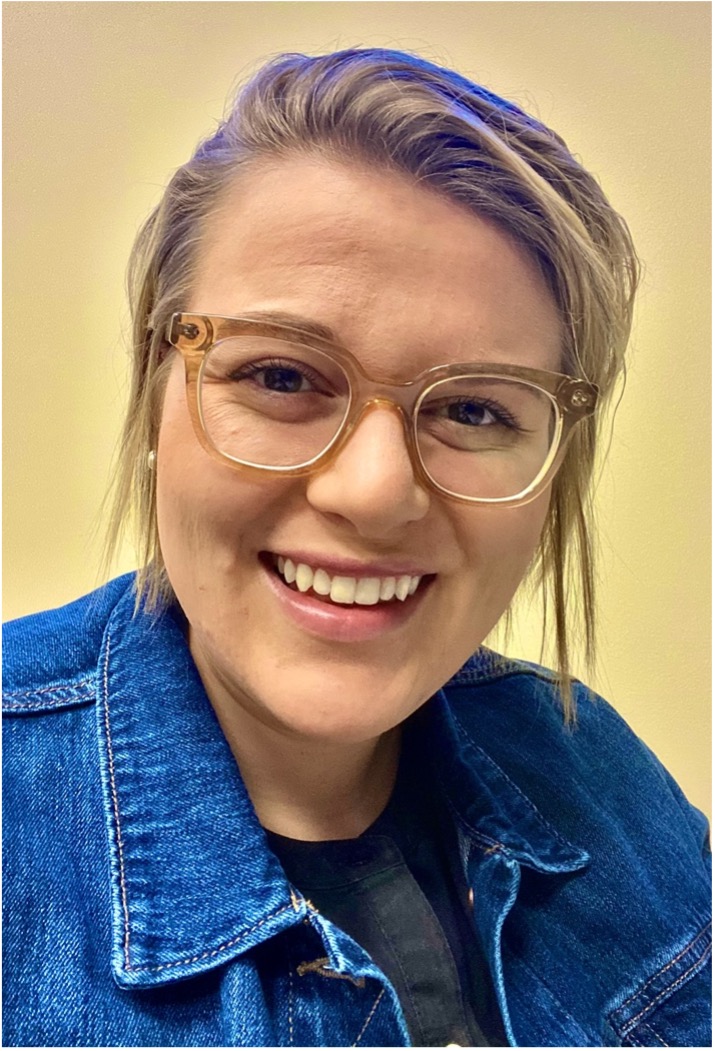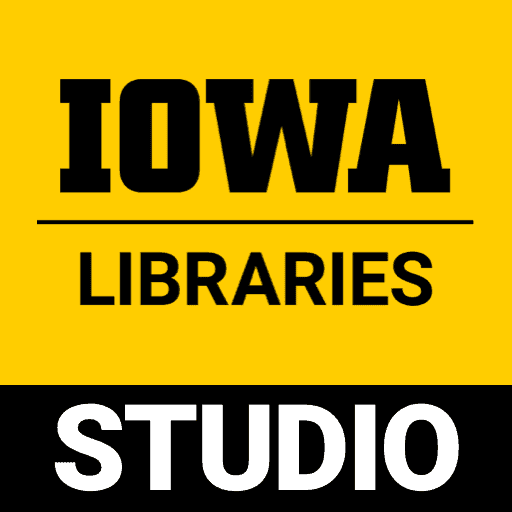At the beginning of the capstone, I wrestled with several queries. I felt lost and unsure about moving ahead with my project, Hobo Archive. I struggled with realigning the project’s relationship with its audiences. I used the majority of my capstone experience to communicate with my co-creators on rewriting and refining our project objectives. EvenContinue reading “Developing a Community Engaged, Digital Scholarship Practice”
Author Archives: lkcarpenter
Pause, Reflect, and Reset: How Can We Best Support Digital Scholarship?
During the National Hobo Convention last month in Britt, IA, I spent three long days spreading the word about the digital archival project that leaders of the hoboing and I have worked on for nearly a year now. This project is called Hobo Archive. Many folks were not familiar with the work we are currentlyContinue reading “Pause, Reflect, and Reset: How Can We Best Support Digital Scholarship?”
The Challenges of Crowdsourcing: Engaging the Crowd and Finding Time
As I begin to reflect on my fellowship experience, I would like to pick up where I left off. Since my last post, I worked with folks to test the tasks and workflow of the crowdsourcing component added to Hobo Archive. These tasks ask people to upload pictures of their resources and describe the resourceContinue reading “The Challenges of Crowdsourcing: Engaging the Crowd and Finding Time”
Reimagining the Hobo’s Archive: Authentic, Participatory, and Digital
This summer, I am excited to learn more about digital archiving as I continue to develop a digital archival project in partnership with the hoboing community in the upper Midwest. Since 2021, the hoboes and I have worked together to develop a site called Hobo Archive to digitally preserve cultural resources from the community. WeContinue reading “Reimagining the Hobo’s Archive: Authentic, Participatory, and Digital”

